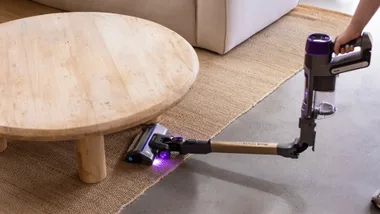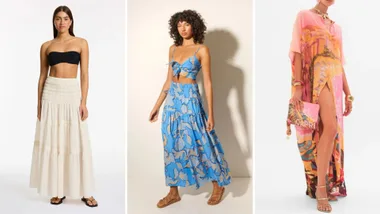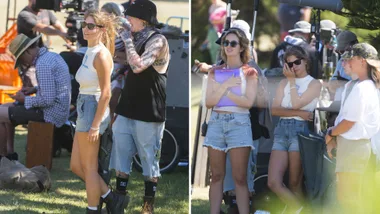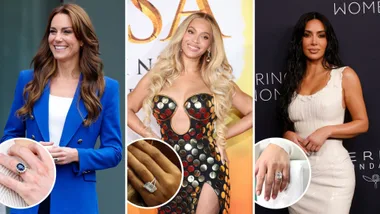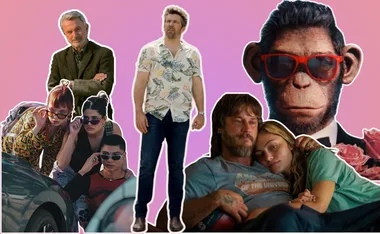The Australian Women’s Weekly and AGL Women of the Future Awards celebrate inspiring young women who are making a difference.
Here, our 2019 judges reflect on the career moments that made them and their hopes for this year’s winners.
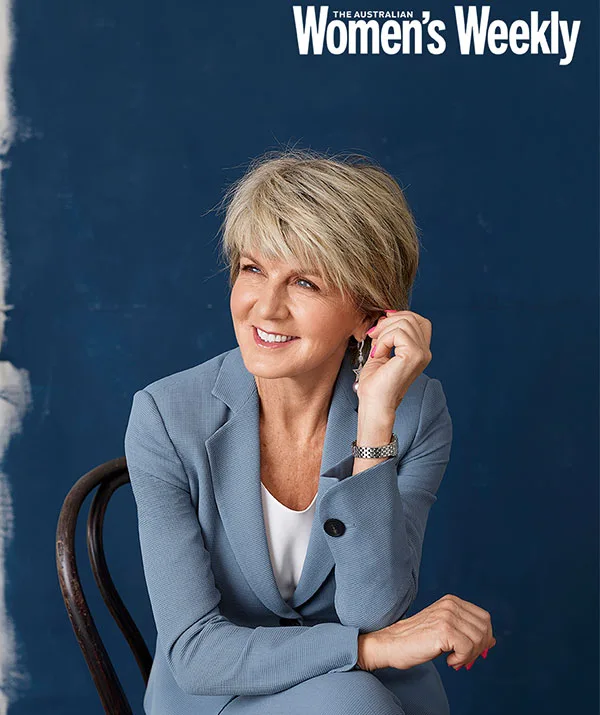
Julie Bishop has some advice for aspiring Women of the Future entrants.
(Credit: Corrie Bond)Julie Bishop, former Foreign Minister of Australia, former Deputy Leader of the Liberal Party
It was not long after she had been appointed Australian Foreign Minister that Julie Bishop flew to New York to preside over the United Nations Security Council.
“I was sitting in the president’s chair, with the gavel on the table before me, waiting for the foreign ministers and foreign secretaries of the United Nations Security Council to sit down, and at that moment, I pinched myself,” she says. “My heart was beating fast.”
Representing Australia on the international stage has absolutely been the highlight of her career (so far) but Julie says she made the most of every day in parliament: “You go this way but once, so you make the most of every opportunity that comes before you.”
Among her best bits of advice for younger women is to be true to themselves.
“I think, in the early days,” she admits, “I allowed others to seek to define me. That was a lesson I learned. Don’t let others define who you are or what you can achieve, and don’t let others set standards for you that they wouldn’t or couldn’t meet themselves. Set your own standards and aim high to achieve them.”
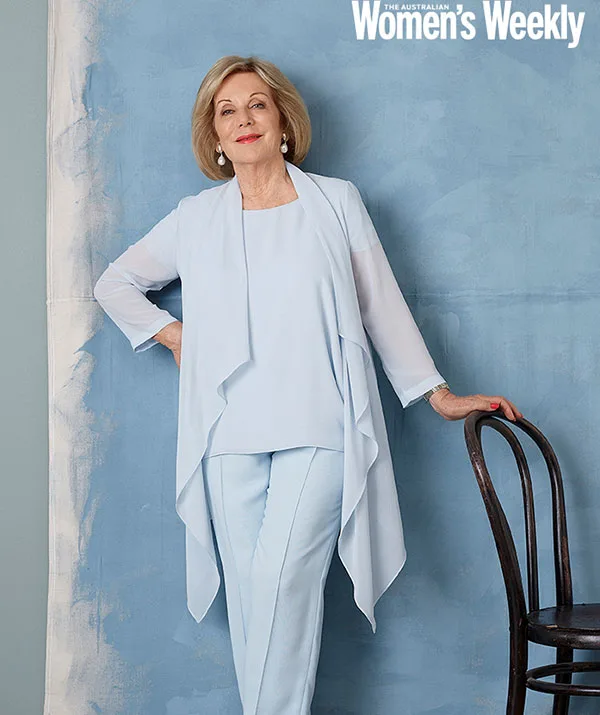
Ita Buttrose is a champion for young Australian women.
(Credit: Corrie Bond)Ita Buttrose, Chair of the ABC
As a young journalist, Ita Buttrose‘s goal was to edit The Australian Women’s Weekly.
“When I achieved that goal, it was the most magical moment of my life,” she says.
More recently, when she was appointed chair of the ABC, she confesses that she was taken entirely by surprise.
“I had no idea it was coming,” she tells The Weekly. “The Prime Minister asked me out of the blue and I said to him, ‘Prime Minister, you’ve taken my breath away.'”
Another achievement she takes pride in is her family.
“As a pioneering working mother,” she says, “seeing that your children have turned out well is a great relief.”
Ita is excited to be involved with Women of the Future again this year.
“I love Women of the Future,” she says beaming that wide, welcoming smile, “because it encourages younger women to aim high, to dare to make a difference. I think we can all do that but sometimes we need to be encouraged and Women of the Future does exactly that. Set your goal, aim high, climb mountains and don’t look back.”
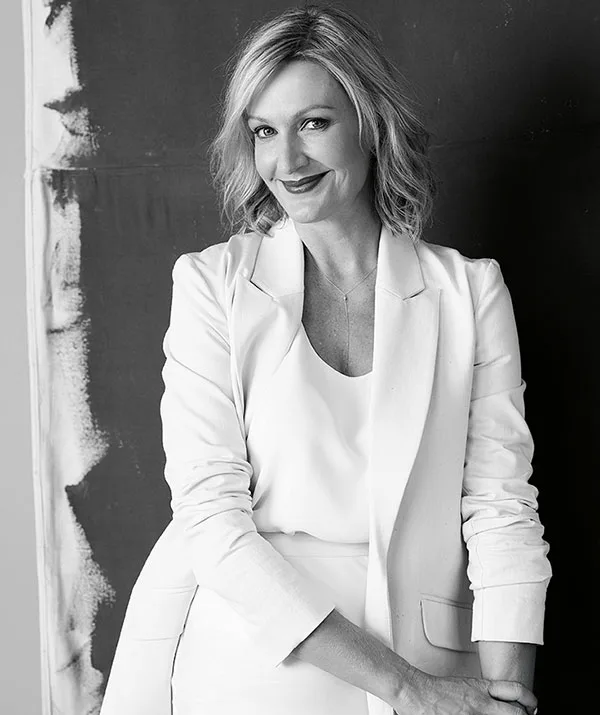
The Weekly’s Editor-In-Chief Nicole Byers is inspired by the Women Of The Future Entrants.
(Credit: Corrie Bond)Nicole Byers, Editor-in-Chief of The Australian Women’s Weekly
Seeing a series of Australian Women’s Weekly covers projected onto the Great Wall of China at a spectacular event in Beijing last year was an incredible “pinch me” moment for Editor-in-Chief Nicole Byers.
“It was to celebrate the launch of The Weekly’s Chinese edition,” Nicole says, “and the Australian edition of an international issue I’d edited had been selected as a showpiece for the event.” Nicole had been flown to China as a special guest.
“It was a surreal night,” she says, “and the first time I was ever asked for my autograph!”
As editor-in-chief of a magazine that has played such a significant role in Australian life over the past 85 years, Nicole considers the Women of the Future campaign the highlight of her year.
“The Weekly celebrates exceptional young women of all kinds,” she says. “I consider it our duty to use that legacy to encourage and support future generations of young females. I can’t wait to meet and be inspired by this year’s contenders.”
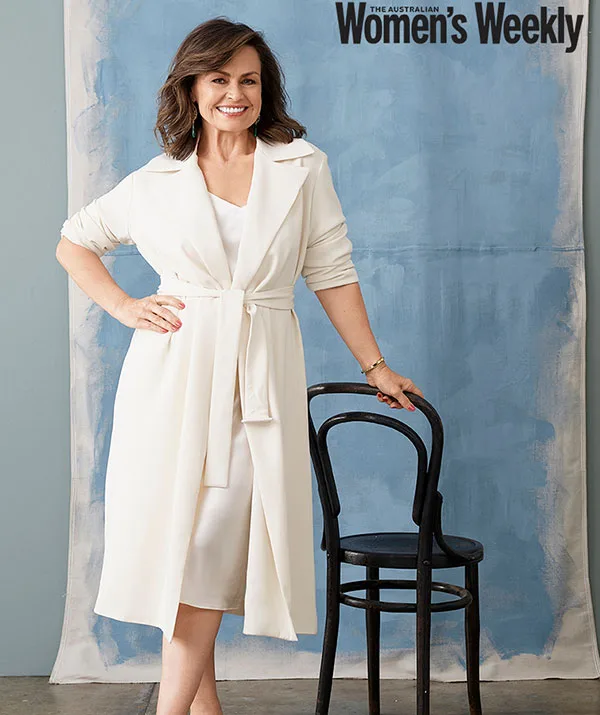
Lisa Wilkinson is aware of the roles mentors can have in success.
(Credit: Corrie Bond)Lisa Wilkinson, presenter of The Project, journalist and editor
A Women of the Future judge since 2014, Lisa Wilkinson is continually inspired by the determination of young women.
“I love the diversification of young women professionally, and in the charity sector,” says Lisa. “They don’t see boundaries anymore, and every year, what young women bring into the world just gets wider and wider.”
A young achiever herself – she was the editor of Dolly magazine at just 21 – Lisa says one of her career highpoints was interviewing Malala Yousafzai who, at 16, became the youngest winner of the Nobel Peace Prize in history.
“She’s an extraordinary young woman – bravery personified,” says Lisa. “The amount of wisdom she has at such a young age just blew me away.”
Lisa recalls, as a first-time editor not much older than her readers, the role mentors had in her success.
“To have someone believe in you when you don’t yet believe in yourself is a really encouraging and powerful moment in your career,” she says. “It’s a wonderful thing to help somebody realise they have wings to fly.”
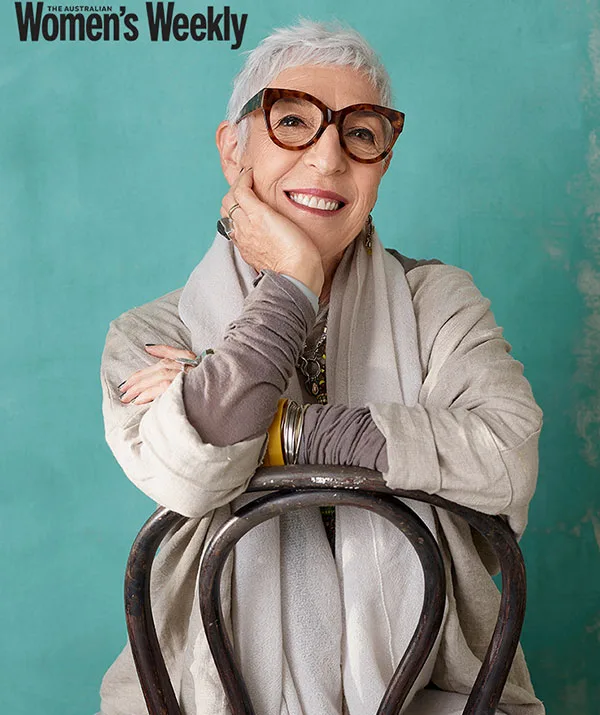
Oz Harvest CEO Ronni Kahn wants to continue to pay it forward.
(Credit: Corrie Bond)Ronni Kahn, CEO Oz Harvest
The biggest opportunity that has ever presented itself to Ronni Kahn came along, she says, when she was working in her earlier career in her event production company.
“I realised,” she explains, “that one of the side-effects of our work was surplus food. And ultimately that realisation became my path, my lifelong work, and I turned it into Oz Harvest. So seeing a problem and turning it into a solution has been my biggest opportunity and I have been privileged to be able to build and grow Oz Harvest.”
That’s why Ronni so excited about her involvement with Women of the Future. It’s an opportunity to pass on opportunities to young women who also have bold ideas.
“I absolutely love that we’re inspiring young women to participate in this program,” she says, “to fulfil their purpose and to become change makers and women leaders in their fields. It’s a very exciting program. It is a platform for magnificent progress, growth and for changing the world.”
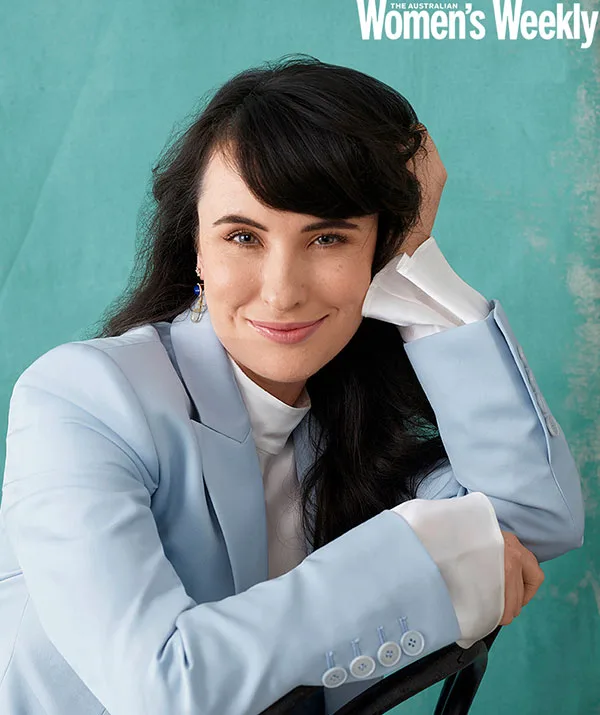
2015 winner Genevieve Clay-Smith wants women to believe in themselves first and foremost.
(Credit: Corrie Bond)Genevieve Clay-Smith, CEO of Bus Stop Films, 2015 Women of the Future winner
“Listen to your gut; trust yourself.”
Inclusive filmmaker Genevieve Clay-Smith is recalling the most important lesson she learned establishing her not-for-profit venture, Bus Stop Films.
The young filmmaker was entering into an agreement with another organisation, but things didn’t feel right.
“I had a feeling this wasn’t going to be an easy ride,” Genevieve says. “Fast forward 18 months and it was really difficult. If I could do it again, I would have listened to my instinct, and not jumped into that so quickly.”
Since then, Genevieve and Bus Stop have gone from strength to strength, making inclusive and diverse films for the last 10 years.
It all began in 2009, when her film, Be My Brother, won the short film contest, TropFest.
“That was the first inclusive film I made. The crew included people with disabilities, and the lead actor had Down syndrome,” says Genevieve.
In 2015, she and Bus Stop were among the Women of the Future winners and it gave them just the boost they needed.
“From that exposure Bus Stop got one of the most significant sponsorship deals it’s had,” says Genevieve, “It’s been an incredible journey.”
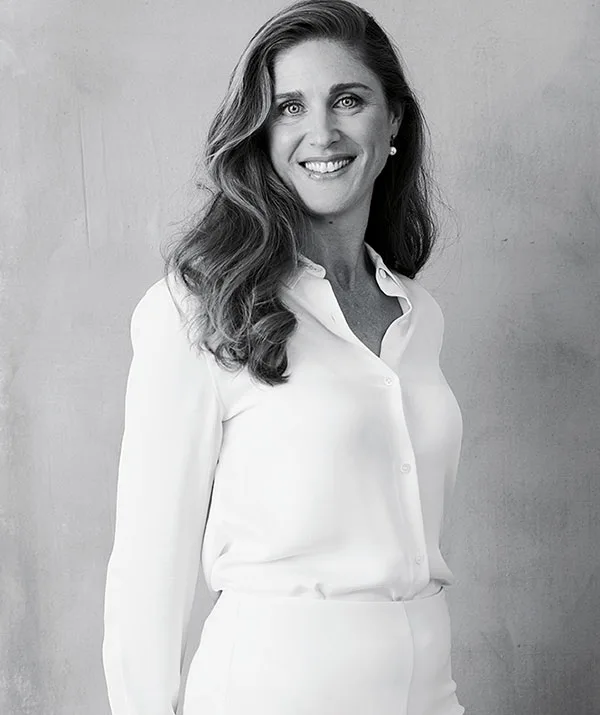
Say “yes” to opportunities urges Women of the Future judge Lisa Harrington.
(Credit: Corrie Bond)Lisa Harrington, Executive General Manager, Stakeholder Relations, AGL Energy.
If Lisa Harrington could advise her young self at the beginning of her professional career, she would tell her to seize opportunities.
“I remember thinking ‘not yet, I’m not ready,'” Lisa recalls. “But you realise later, you’re never fully ready. So now, when I do get opportunities, I say ‘yes’.”
It’s a change in attitude that has paid off in spades for Lisa who, in 2016, was chosen to take part in the Advanced Management Program at Harvard University.
“It was extraordinary,” she says. Her biggest lessons there came from others students.
“There were 80 people from 41 countries on the program,” she says, “an incredible diversity. I connected with as many people as I could and not only learned a lot in terms of professional development, but also about myself.”
As part of the energy sector, Lisa deals with challenges and change on a daily basis.
“It’s exciting because the industry is at a turning point and undergoing transformation,” says Lisa. “AGL is such a big player in the market; we have a responsibility to lead that transition in a responsible way.”
.png?resize=380%2C285)
